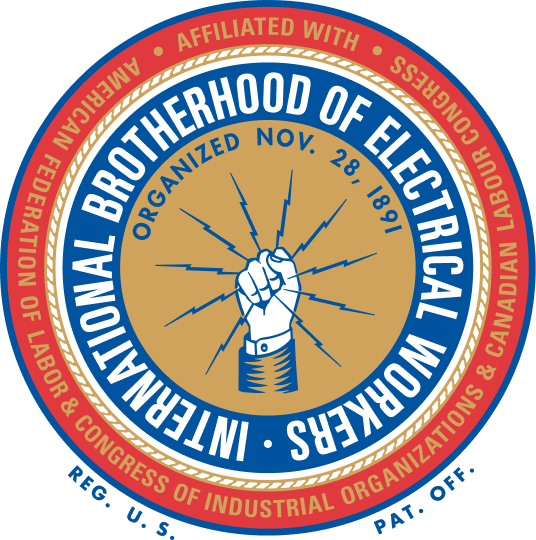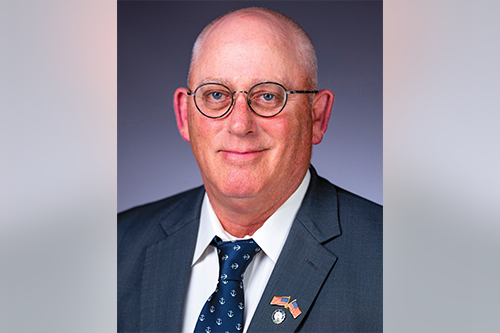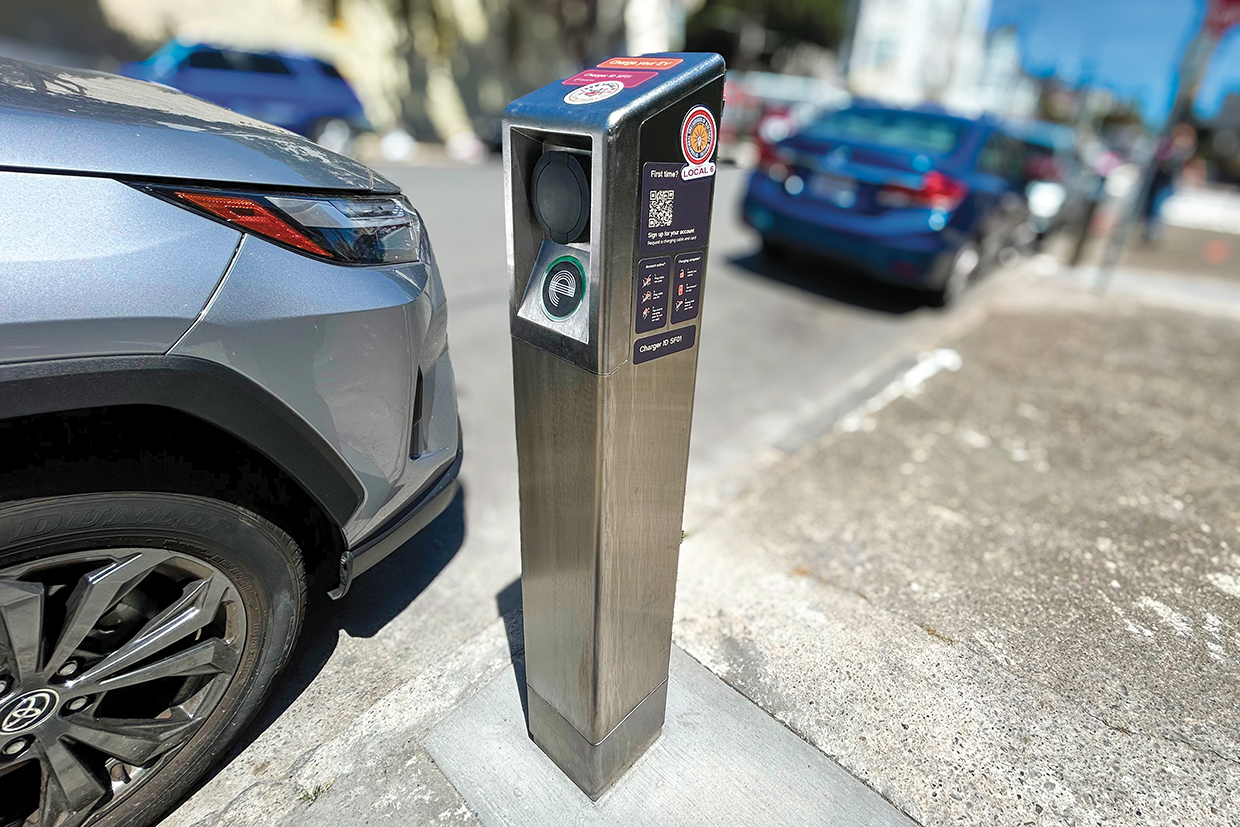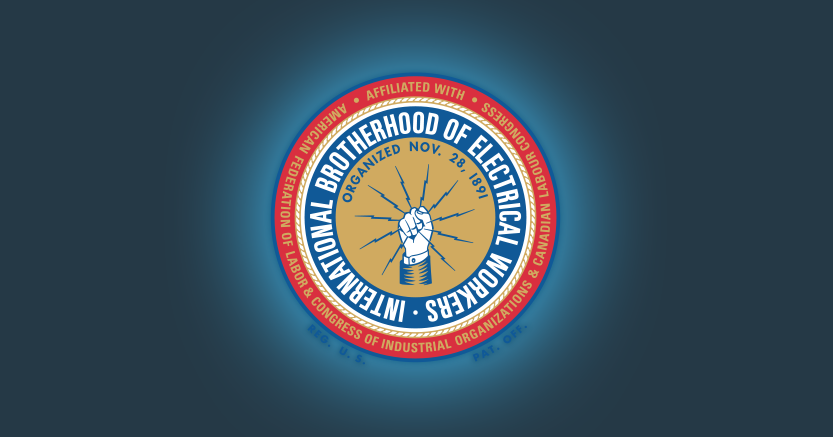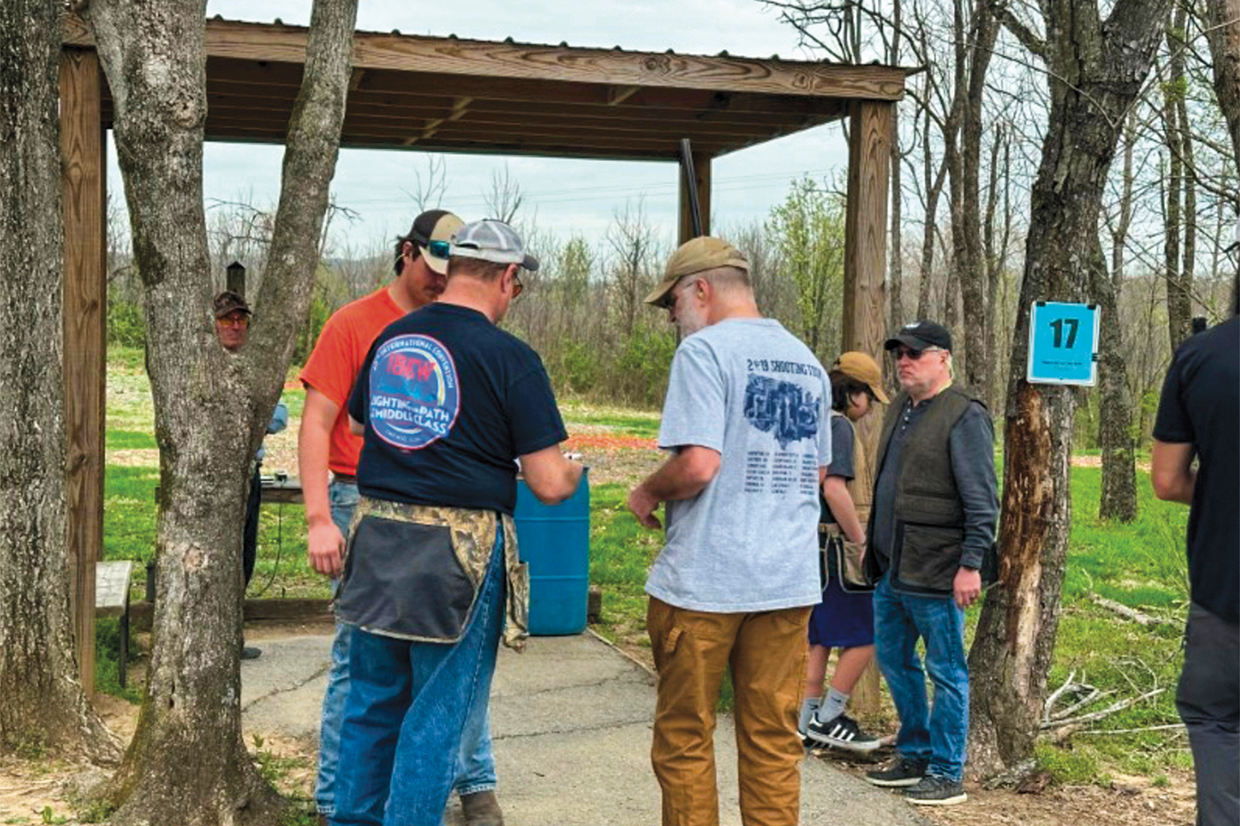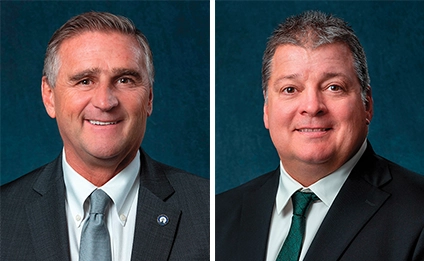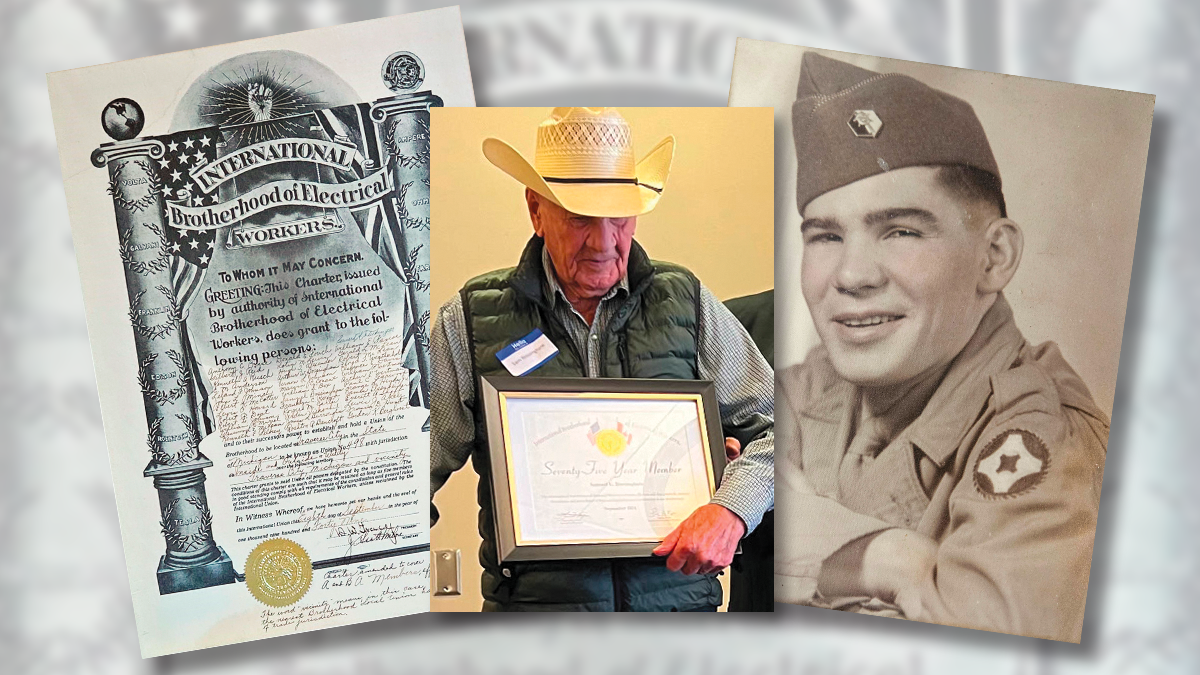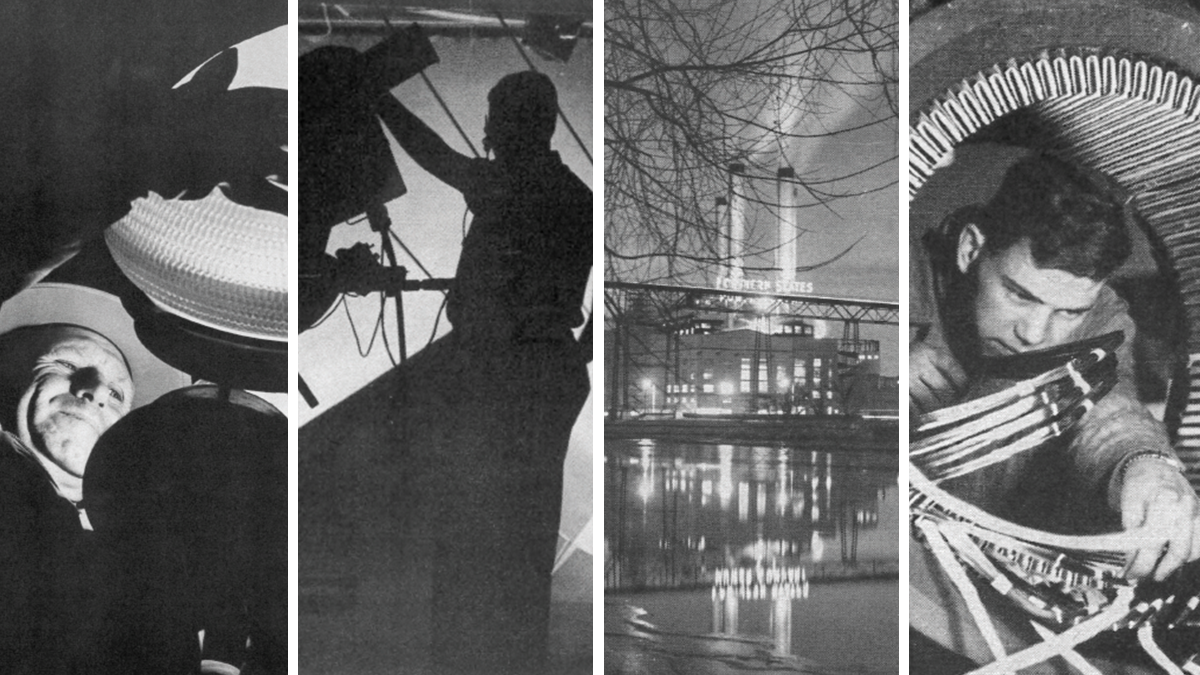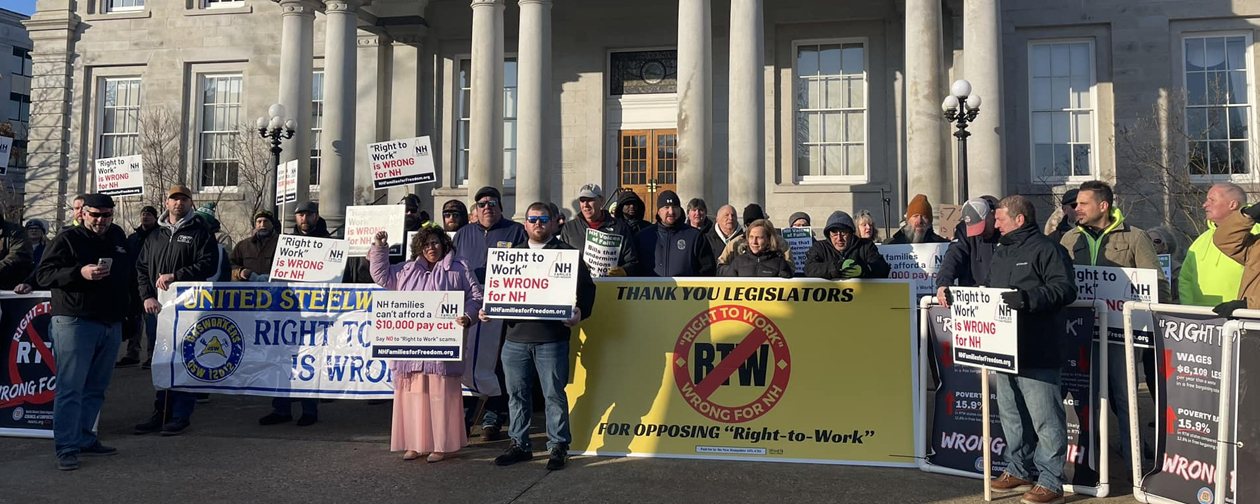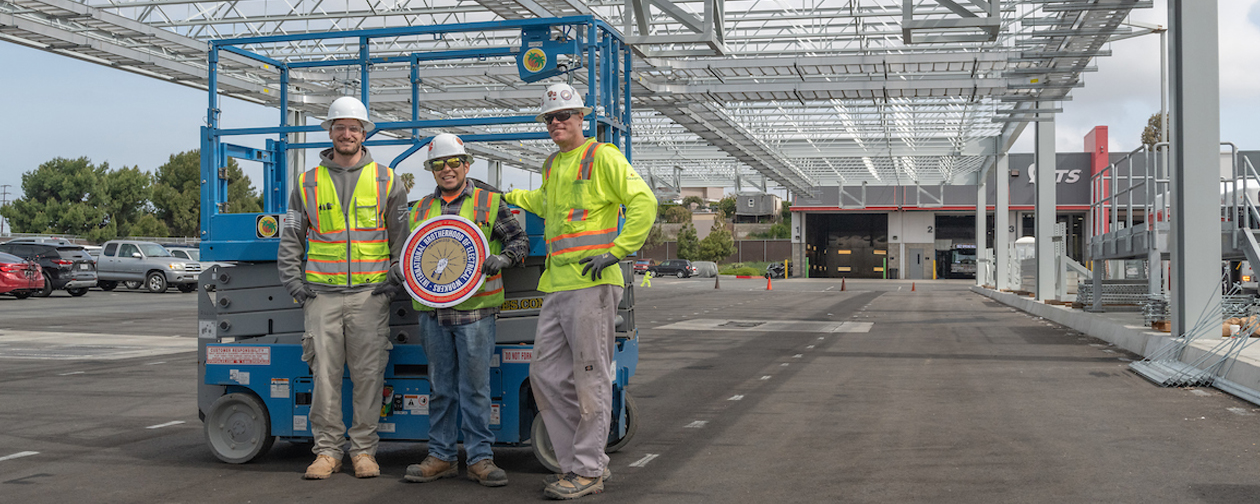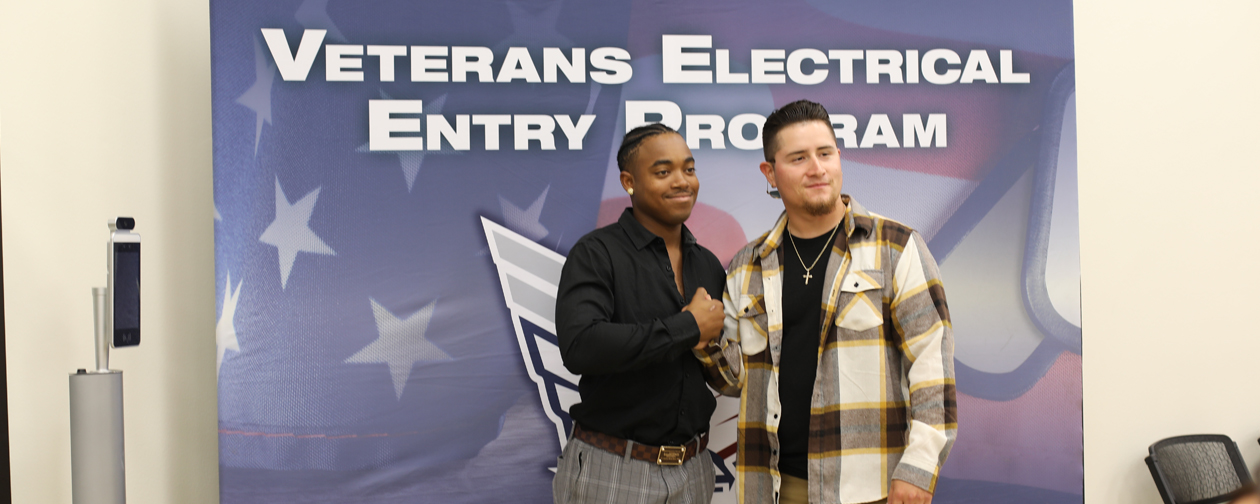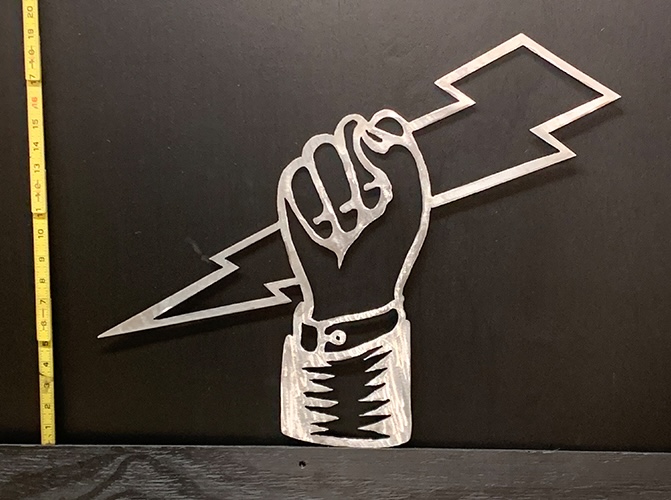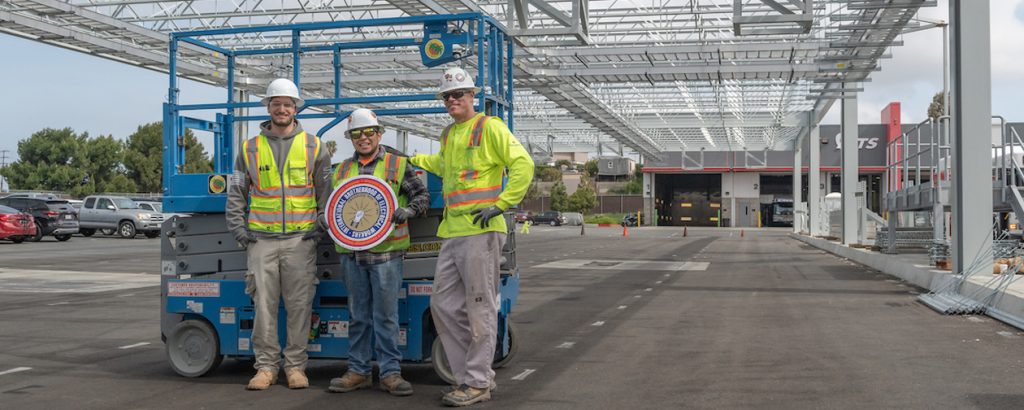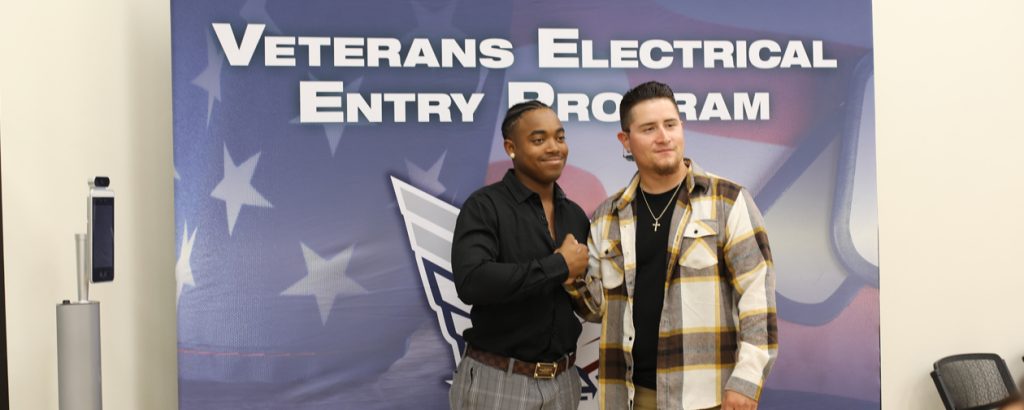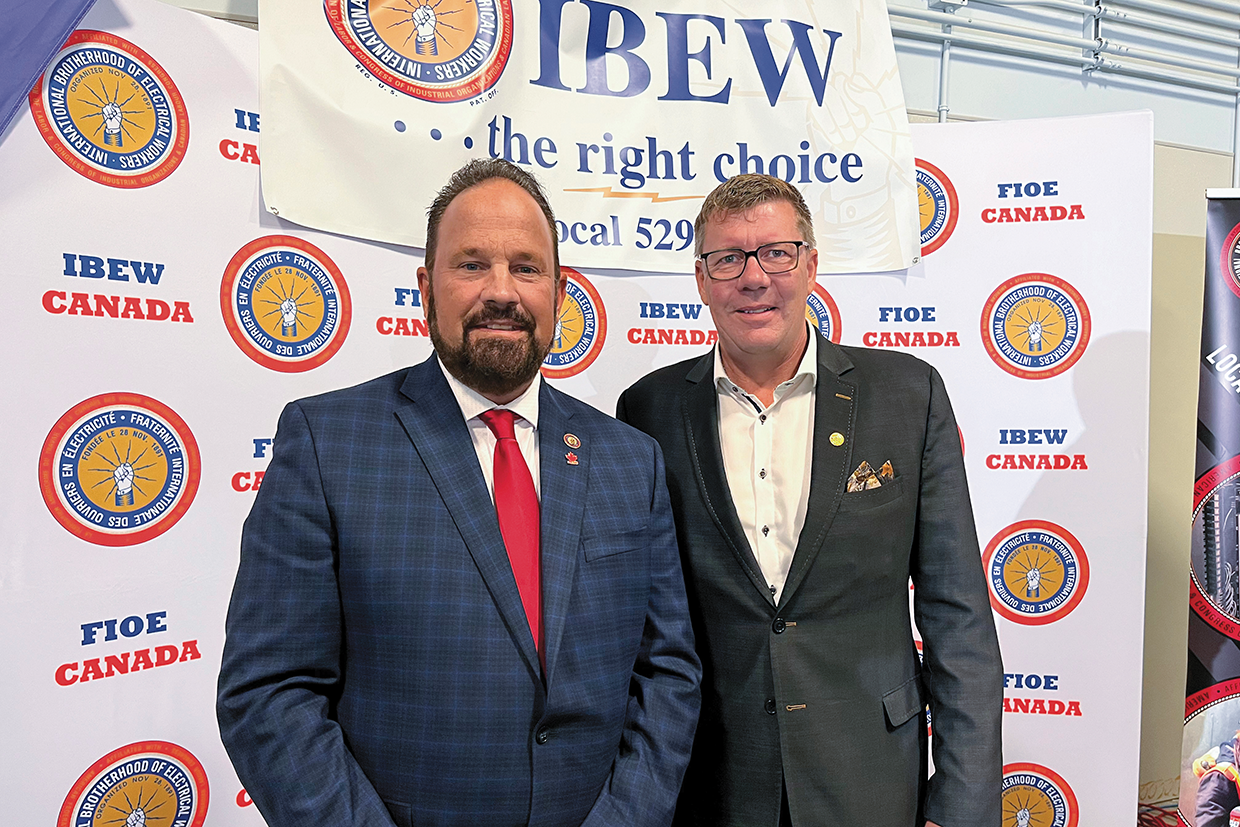
The IBEW’s work to enhance electrical training programs across Canada reached a milestone last fall, when it signed a letter of intent with the Saskatchewan government to partner in upgrading the province’s apprenticeships in electrical, powerline and nuclear.
The IBEW has a similar agreement with the provincial government in Ontario, in which the Progressive Conservatives have a majority, The Saskatchewan Party, the majority party in the Saskatchewan Assembly since 2007, is a historically conservative party.
First District International Representative Chris Taran credits part of the win in Saskatchewan to elected leaders realizing that skilled union labour is essential to meeting the increased demands on the electrical grid.
He also credited the IBEW in Canada making it a priority to strengthen relationships with governments not traditionally viewed as allies since First District International Vice President Russ Shewchuk was elected at the 2022 International Convention.
“That hard work is coming to fruition,” said Taran, who previously was training director at Winnipeg Local 2085, when Shewchuk was business manager there.
Saskatchewan has committed at least $2.34 million in funding thus far, Taran said. Each local in the province will receive about $560,000 to go toward tools and equipment.
“A lot of governments have realized there’s a lot of work ahead of us in terms of infrastructure, keeping the power grid going and adapting systems for the future,” he said.
Negotiations continue between IBEW officials and the province, but Taran said they are nearing a formal agreement. Unlike in the United States, most electrical training in Canada is provided by community colleges before apprentices earn their Red Seal designation, signifying the highest level of journeyman electrician.
In Saskatchewan, the provincial government is expected to provide most or all of the funding to the IBEW. Local unions will use it to upgrade training facilities and provide instruction themselves.
“It’s time for labour groups and unions to work with parties in power,” Taran said. “We must show up and provide support, or the circle never changes and we’ll miss out on opportunities for our members.”
Regina, Saskatchewan, Local 2067 Business Manager Tyler Holmen said the initiative is especially needed in powerline construction. Local 2067 has a long a history of representing employees at SaskPower, but the company stopped providing training for line workers a few years ago.
Holmen said a local community college made a good-faith effort to fill in the gap, but it proved overwhelming. The combination of government funding and IBEW expertise should make the training better than ever, he said.
For Saskatchewan officials, the agreement is a chance to provide residents with training at the highest level and raise the success rate for apprentices overall.
Only about 54% of construction apprentices finished their training in recent years, even with increased investment in the province.
“IBEW training in other provinces has delivered exceptional results with a high rate of success, and we expect this training will show similar results here in Saskatchewan, to build an even stronger skilled trade labour force, which will support our strong and vibrant communities,” said Jeremy Harrison, the province’s immigration and training minister at the time the letter was signed.
Shewchuk had met with officials at the highest levels of the Saskatchewan government in recent years, including Premier Scott Moe.
“It was an open discussion,” he said. “We met to review some of the challenges they were facing and how the IBEW could provide solutions. From there, the dialogue continued to evolve.”
Work will continue to forge similar agreements.
“We’ve developed a recipe for success that can be replicated across the country,” Shewchuk said.
